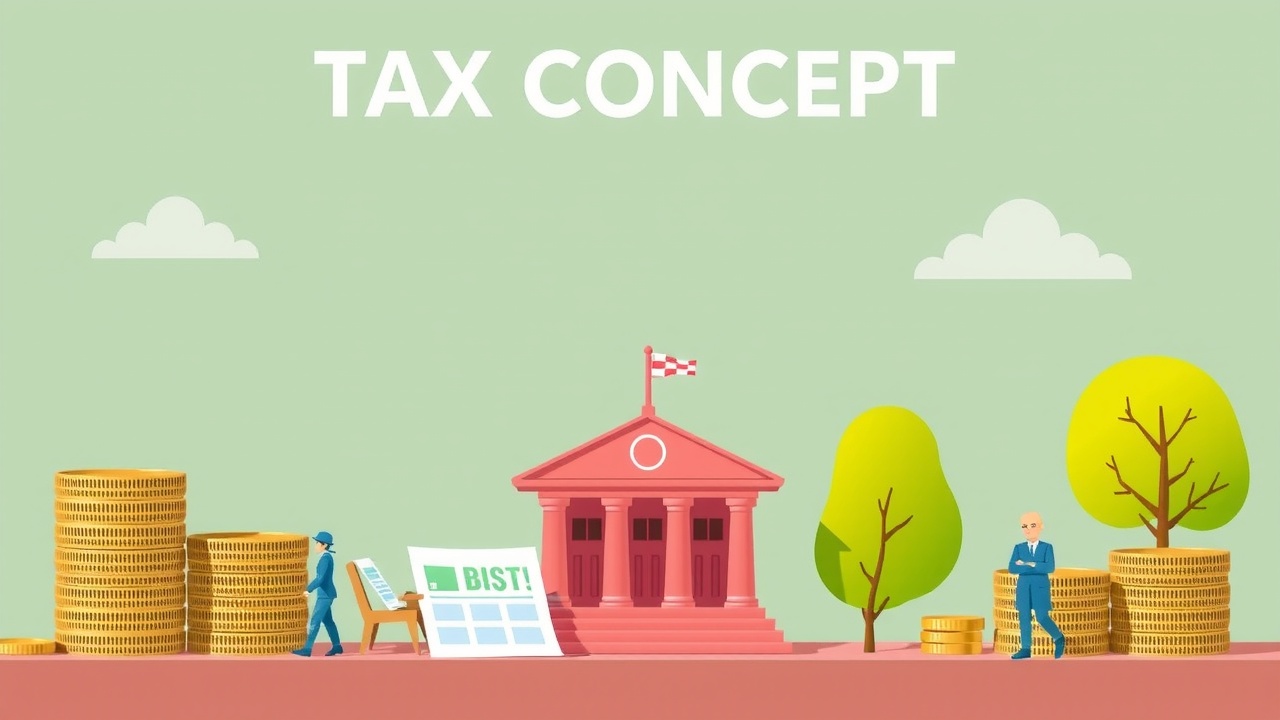
As she tries to raise an additional £1 billion annually, the Chancellor will raise the penalties for late tax returns in her Spring Statement
What you should know is this.
This Wednesday's Spring Statement from Chancellor Rachel Reeves will raise the penalty fees for companies and landlords who file their taxes after the deadline.
In an attempt to reduce the estimated 40 billion discrepancy between taxes paid and taxes owed in the UK, she anticipates that the hikes will generate an additional £1 billion annually for the Treasury by the end of the decade.
For VAT and Making Tax Digital for Income Tax Self Assessment (ITSA), the chancellor will raise late payment penalties starting in April 2025.
If a taxpayer files their VAT and ITSA returns after the deadline, they will be assessed a penalty equal to three percent of the tax due, which is an increase of one percentage point.
The penalty will increase from the current 4 percent of the outstanding balance to 10 percent if tax returns are filed more than 31 days after the due date.
Small businesses will be most affected by the changes because they lack the resources that larger corporations do to file their tax returns accurately and promptly.
The self-assessment tax return deadline in 2024 was missed by 1 million people, according to HMRC, but the organization has come under fire for its subpar customer service. Nearly 44,000 telephone customers were abruptly disconnected after spending more than an hour on hold with HMRC last year, according to a January report by the Public Accounts Committee.
In order to assist in collecting withheld taxes, Reeves will also hire more HMRC employees and private debt collectors.
At an expense of 80 million dollars to the taxpayer, she will assign the new private debt collectors the task of recovering 11.3 billion in tax revenue over the course of the following five years.
At the same time, HMRC plans to hire 600 more people for their debt management teams in the hopes that the Treasury will recoup 13 times as much debt as it spends on the new hires.
Additionally, Reeves will announce a 100 million dollar increase in funding for HMRC to hire 500 additional compliance officers.
"It is morally wrong that a minority of people continue to avoid paying the tax they owe to help fund our public services," the chancellor stated last week.
"In order to raise an extra 6 point 5 billion, we announced the largest package to address unpaid taxes in over ten years at the Budget.
"I'll make an announcement next week about our plans to raise an extra £1 billion to fulfill our Plan for Change.
The Chancellor's attempt to balance the books in her next Spring Statement coincides with the crackdown on tax evasion.
A number of budget cuts to public services, a reduction in red tape, and the implementation of the disability benefit cuts announced last week are anticipated to be included in the statement.
With nearly all of the Chancellor's fiscal headroom gone, there is a chance that public spending will be cut.
In addition, the Office for Budget Responsibility (OBR) has cut its growth forecast in half after the Spring Statement, according to The Telegraph.
How will penalties for tax returns change?
Two percent of the unpaid tax is currently assessed as a late payment penalty for VAT and Making Tax Digital for Income Tax Self Assessment (ITSA) to individuals who file their tax returns more than fifteen days after the due date. This will rise to 3 percent under the new regulations.
The two percent penalty rises to four percent if, on the thirty-first day following the deadline, any taxes are still unpaid. Six percent will be the new figure.
A daily penalty equal to four percent of the total amount of unpaid taxes is applied if the tax is still unpaid on the thirty-first day following the deadline. The percentage will rise to 10%.
For VAT and income tax, the new regulations are anticipated to take effect in April 2025 and 2026, respectively.
Beginning in April 2026, landlords and sole proprietors earning over £50,000 will be eligible to participate in the program.
The following year, this will drop to 30,000, with those making over £20,000 joining in April 2028.














Leave a comment on: Penalties for late tax returns will be increased by Rachel Reeves